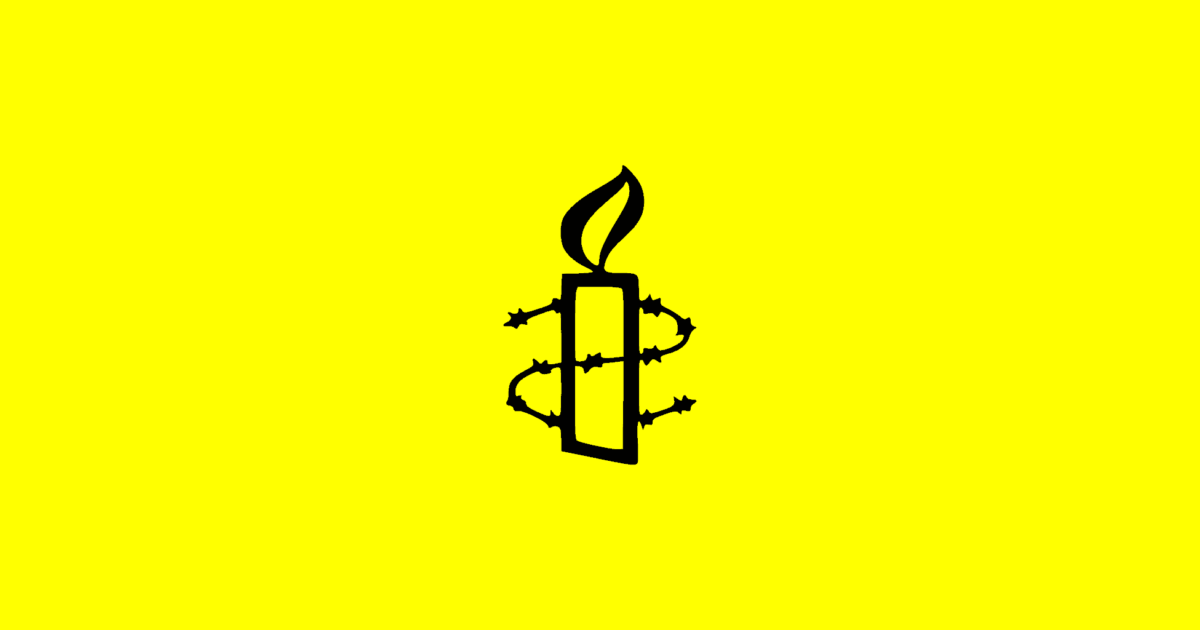Western Sahara
Western Sahara
Western Sahara has been the subject of a decades-long territorial dispute between Morocco and the Algerian-backed Polisario Front, having been arbitrarily partitioned between Morocco and Mauritania following the end of Spanish rule. Negotiations in 1991 and 2007 were both unsuccessful, and Western Sahara remains partially governed by Morocco.
Algeria continues to host approximately 100,000 refugees in Polisario camps, and a majority of camp administrators are women, although women are still imprisoned for adultery and are excluded from the highest ranking posts. Women have actively participated in the Polisario independence movement as both fighters and peaceful protesters, including acting as leaders in the National Union of Saharawi Women, which serves on the frontlines.
Based on the work of NGOWG members and their partners, the NGOWG advocates for including a human rights monitoring and reporting presence that encompasses gender considerations in the the UN Mission for the Referendum in Western Sahara (MINURSO) mandate.
Current and Past Recommendations to the UN Security Council (Monthly Action Points)
There continue to be troubling signs of escalation of the conflict in Western Sahara. With the peace process stalled and the collapse of the ceasefire, the humanitarian situation remains dire and tensions are intensifying. Journalists, activists and human rights defenders, including women, continue to be targeted through arrests, detention, harassment and surveillance. In its discussion on the situation in Western Sahara, Council members should inquire about efforts of the Personal Envoy and his office to implement women, peace and security obligations, including through active, regular and ongoing consultations with civil society, including women’s rights groups and women leaders. Specifically, the Personal Envoy should update on the ways in which he has taken concrete actions to ensure women’s full, equal and meaningful participation and leadership in any future process, and articulate his commitment to protecting and promoting human rights, including women’s rights, throughout all discussions.
Relevant Resources



